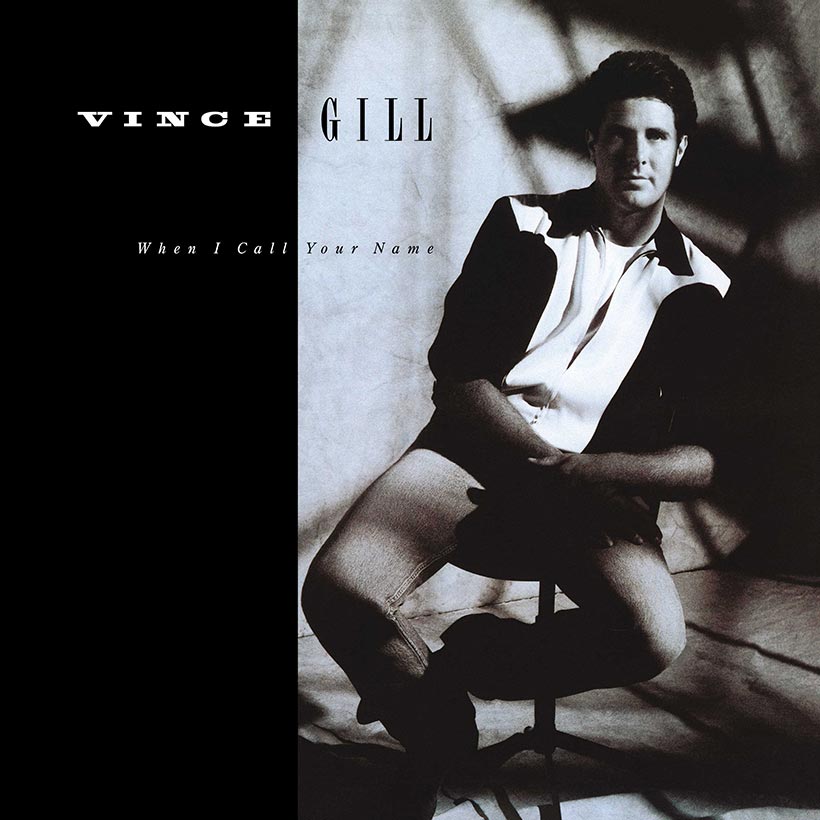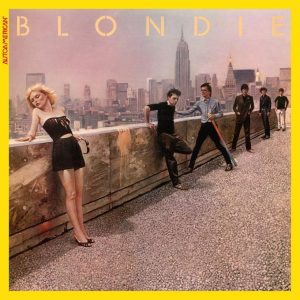If it was in the football world, you would call it a dream transfer. After emerging on three albums with roots-pop outfit Pure Prairie League around the turn of the 80s, Vince Gill had made some inroads into the mainstream country scene with his first major-label deal on RCA. They released his 1985 debut album, The Things That Matter, and its 1987 follow-up, The Way Back Home.
But it was a move to MCA, which he has called his home ever since, that brought about the multiple award-winning breakthrough album, When I Call Your Name, released on November 14, 1989. The record was cut at Nashville’s Emerald Studios with Gill’s old friend, the widely-respected producer-executive Tony Brown.
It featured such great voices as Emmylou Harris and Patty Loveless, while keyboardist Barry Beckett, bassist Willie Weeks and guitarists Randy Scruggs and Fred Tackett were also aboard. By the time the album had run its course, the Oklahoma-bred singer, songwriter and guitarist Gill had confirmed a place at country’s top table, with an induction into the Grand Ole Opry following in 1991.
Excited in a new home
Brown had signed Gill to RCA when the producer was in A&R at the label, but the artist left for MCA before they could work together. “I’m real excited about being with MCA and about working with Tony Brown again,” Gill told Cashbox in 1989. “We never had the chance to follow through with what we both kind of had in mind for me, so I’m real pleased to be back with him.”
When I Call Your Name became his first gold album, in autumn 1990, progressing to platinum status in 1991 and double-platinum in 1996. The record offered up no fewer than four hit singles: the writing collaboration with Rosanne Cash, “Never Alone”; Gill’s duet with Reba McEntire, “Oklahoma Swing”; the No.2 title track, with backing vocals from Loveless, on whose own hit “Timber I’m Falling In Love” Gill had sung; and the No.3 “Never Knew Lonely.” Gill co-wrote “Sight For Sore Eyes” with one of his heroes, Texan mainstay Guy Clark, whose “Rita Ballou” (the opening song from Clark’s 1975 debut album, Old No.1) he also covered.
Burning the house down
Billboard’s review of “Never Alone” observed: “Gill’s first effort on his new label showcases his choirboy pure vocals as he testifies to the tenacity of real love.” Then Mark Andrews, programme director of country station KEBC, in Oklahoma City, became an early advocate of the Gill-McEntire collaboration, even before it was a single. “This one is going to burn the house down,” he told Billboard. “We played it at a disco dance club here and you could hear the buzz of the crowd as they reacted to it. You cannot possibly keep your toe from tappin.’ If this one don’t turn you on, you don’t got no switches.”
The title song from When I Call Your Name, written by Gill and Tim DuBois (the same team behind “Oklahoma Swing”) not only became the star’s first major hit, but won Single Of The Year at the CMA Awards of 1990. It was also named Best Country Vocal Performance, Male, at the Grammy Awards. Gill showed his versatility and generosity in that pivotal year of 1989 by working with other names, from Dolly Parton to Kim Carnes.
A new age bracket
“I think what we have now is a whole new age bracket of listeners that have really tried to find a place to go on the radio dial,” Gill said in Cashbox. “That’s kind of a natural progression in that kids that were 20 years old when I was 20 are now 35 or so and settled down a little bit and looking for the kind of music they liked back then.”
When he made the album, Gill was still commuting to Nashville, some years from starting his permanent love affair with Music City. As he told this writer in 2016: “I moved here from southern California, which is 75 and sunny every day. I showed up here and it was 17 below zero. It was freezing. ‘What have I done?!’
Listen to the best of Vince Gill on Apple Music and Spotify.
“I didn’t move here until ’83,” he continued, “but I made a boatload of trips here to work on records, and work with other people and tour, so I had about eight good years of a lot of time in Nashville and always felt like I would wind up here. The opportunity was finally the right time to come. I’m not going anywhere else, that’s for sure.”
Buy or stream the 30th-anniversary vinyl edition of When I Call Your Name.




